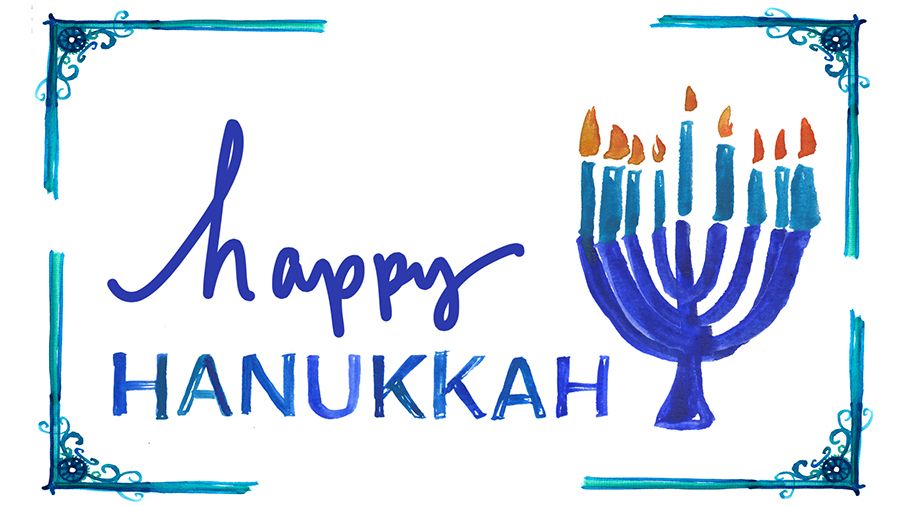A Year’s-End Grab Bag
I’m writing this while still not sure whether Israel will endure a third election within a few months; I imagine it will, though, but you’ll know for sure by the time you read this. However, we probably won’t know for quite awhile whether Bibi is indeed permanently out of Israeli politics, the only reason this election is taking place.
Despite that (and a lot more) I’m feeling a bit more optimistic about Israel than usual. Perhaps it is the growing vitality of PIN (the Progressive Israel Network), which combines the efforts of 11 pro-peace/pro-Israel Jewish organizations – something that has been unfortunately lacking during the more than 30 years since I set up the D.C. office of what became Americans for Peace Now back in 1989, I am also optimistic about the chances of our newly-completed Hatikvah Slate for the World Zionist Organization (WZO), comprising a diverse and impressive collection of American Jews drawn from the PIN organizations and beyond. We hope to at least triple our showing in the last (2015) election, when Hatikvah received only 3148 votes of 56,737 cast in total (i.e., only 1% of the 5.5 million American Jews voted in the 2015 WZO election). That is not a high bar to overcome, but if we manage to do it – or even better – it will make a real difference in the progressive voice and in the disposition of more than $1 billion in funds that the WZO controls or influences (see p._).
While we have the usual eclectic selection of articles in this month’s IH, I want to call your particular attention to the interview with Mickey Gitzin, Israel CEO of the New Israel Fund, conducted by my old friend Sue Hoechstetter (p.__). Mickey strongly urges the need for a “movement” on the Israeli Left that would combine those working in the diverse fields of ending the occupation, minority, women’s, and workers’ rights, religious pluralism, and many more essential causes. We are committed to supporting them, but my dream (and apparently Mickey’s as well) is for a rejuvenation of all those active in these issues, and their amalgamation into a political movement that would combine the energies of all those unhappy with Israel’s current course, but that will not have the baggage carried by current parties, much of it stemming from the treatment of Mizrahi immigrants in the 1950s and ‘60s.
I am also hoping that next year we will start seeing the beginning of the end of the nationalistic and religious ‘populist’ wave that has swept through so much of the world during the last decade, including both Israel and the US, and throwing up a cloud of distrust and misunderstanding between seemingly more conservative Israelis and more progressive American Jews. Bibi Netanyahu has been the face of this movement since 2009, and with his (probable) departure from politics, perhaps we will find the strength and opportunities to work for a new era that will repudiate much of his legacy of division, distrust, and astronomical levels of income inequality, among other issues afflicting contemporary Israeli society.
In my day job as a Professor of Israel Studies at the University of Maryland I teach courses on the Israeli-Palestinian conflict. For the last couple of years I’ve been telling my students that, in fact, the Israeli-Arab conflict that has been around since 1948 is over – and no one seems to have noticed. Of course, I hasten to add, the Israeli-Palestinian conflict is most certainly alive and unsolved, and gives no indication of going away. Many Arab governments are tired of it but their populations’ sympathize with Palestinian grievances, so it is highly unlikely that many more Arab countries will join Egypt and Jordan in sending ambassadors to Israel in the foreseeable future, without a clear end to the occupation and the establishment of a viable Palestinian state.
The (unofficial) end of even the Arab-Israel conflict is not nothing, however – and conceivably could be seized on by the Israeli Left to attempt a rejuvenation of Israel’s progressive forces, not just by the Right, which is on the one hand building alliances with Arab states against Iran and, on the other, taking care that Israelis will never feel unafraid of the Arab states ganging up on it a la 1967. Or painting BDS – insidious as it is – as a serious national threat, which is absurd and counterproductive. Nor does bonding with Evangelical Christians on the basis of anti-Muslim belligerence, which doesn’t contribute to Israeli security or possess the basis of shared values necessary for a longterm alliance. Recognizing Israel’s successes and strengths – as well as its regressive neglect of Palestinians under occupation – could prove the basis of a new Israeli progressivism that would advance the vision of Israel’s founders while dealing with the genuine and as yet unsolved issues left from 1948,
These are my thoughts as I recover from my Thanksgiving meals – the one ‘American’ semi-religious holiday celebrated by most American Jews – and look forward to Chanukah, the xenophobic children’s fest transformed here into an inoffensive alternative to Christmas. Here’s wishing everyone a joyous and non-belligerent Chanukah and renewed energy in order to deal with the many issues on our American as well as our Jewish-Israeli plates which we’ll face in the next 12 months. To end with Rabbi Tarfon as memorialized in Pirkei Avot, “It is not incumbent upon us to complete the work, but neither may we desist from it.”
חג חנוכה שמח
![]()
Paul Scham
Paul Scham is President of Partners for Progressive Israel; Associate Research Professor of Israel Studies at the University of Maryland and Executive Director of its Gildenhorn Institute for Israel Studies.






Leave A Comment